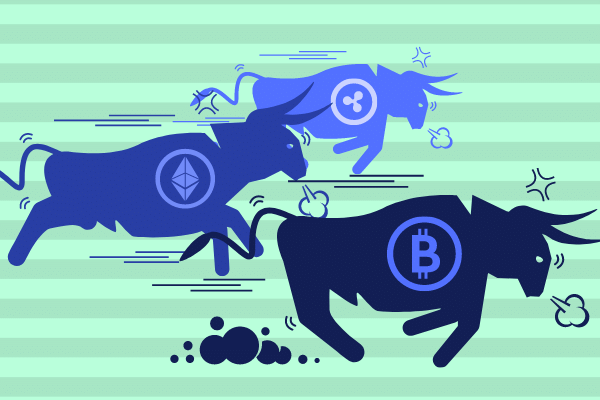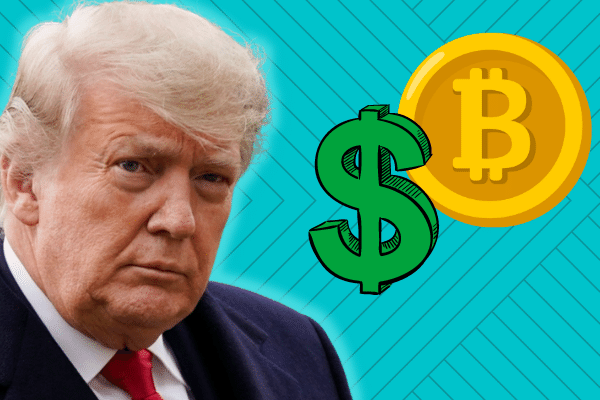Ripple’s (XRP) cryptocurrency may benefit from South Korea’s incoming regulatory clarity, as the demand for speedy settlements and access to funds grows in the Asia-Pacific region. According to Rahul Advani, director of policy for the APAC region, 90% of Ripple’s business is conducted outside of the United States, with a significant portion in South Korea.
Recently, the Financial Services Commission (FSC) of South Korea published rules for identifying which digital assets would be designated security tokens, a significant step towards providing regulatory clarity. XRP, being a payment token, may not fall under the category of security tokens or be subject to the upcoming Digital Asset Basic Act, giving it an advantage in the South Korean market.
<embed>https://twitter.com/Ripple/status/1636160099507924993?s=20</embed>
South Korea has taken some initial steps towards regulating the virtual asset industry. In March 2020, the country’s Parliament passed an amendment to the Act on the Reporting and Use of Specific Financial Transaction Information.
The amendment, which came into effect a year later, extended licensing requirements to virtual asset service providers (VASPs). This means that VASPs are now required to register with the country’s Financial Intelligence Unit and comply with anti-money laundering regulations. These changes represent a significant move towards regulating the virtual asset industry in South Korea.
As of this writing, the price of the XRP token is hovering around $0.361, indicating a price decrease that has resulted in the digital currency trading in a bearish sentiment over the last 24 hours. The support and resistance levels are $0.3585 and $0.3708, respectively, and the trading volume has decreased by 28.33% to $903,400,809.



